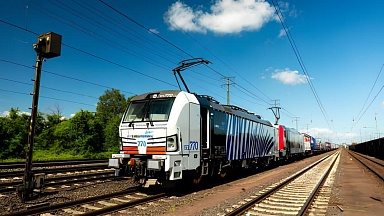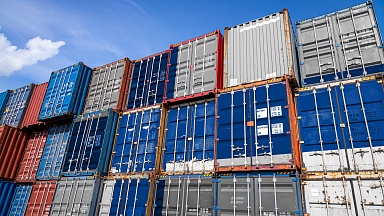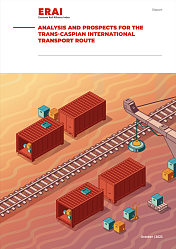Huge stacks of empty containers and hundreds of frustrated export boxes have built up at the major North European hubs as carriers blanked a third of their advertised sailings during the recent two-month Shanghai lockdowns.
Moreover, the ports have used much of their off-dock overflow capacity for the long-term storage of thousands of customs-blocked Russia-destined containers.
Commenting specifically about congestion at Hamburg, an industry contact told The Loadstar the city port was «sitting on an enormous pile of export containers».
He added: «German industry still works to a seven-day schedule, but vessels are arriving every nine to 12 days. That equates to a missing sailing every four to five weeks, and terminals are overflowing.»
He noted that also applied to warehouses and storage areas in and around Hamburg.
In a market update this week, Maersk advised that its networks were «under severe pressure», which it blamed on «disrupted operations in European ports».
«Our vessels are incurring delays in North Europe, which affect the schedule back to Asia Pacific,» said the carrier.
It said terminals at Rotterdam and Bremerhaven were currently «the most severely congested», causing «extensive» berth waiting times and slow ship-working productivity.
Meanwhile, a customer advisory from Hapag-Lloyd said yard occupancy at Hamburg’s Container Terminal Altenwerder (CTA) stood at 90%, «mainly caused by the discharge of import heavy vessels and reduced import pick up rates».
«Due to the high yard utilisation, reefer slots are being used as storage for dry boxes, in return limiting the maximum amount of reefer plugs available,» warned Hapag-Lloyd.
Elsewhere, at PSA’s Antwerp terminal, Hapag-Lloyd said yard utilisation was back up to 90% at 869 berth and reefer plug utilisation at 913 berth continued at 100%, with reefer containers stacked three high.
At neighbouring Rotterdam, Hapag-Lloyd is experiencing similar congestion issues to those of its Danish rival. It said yard density had «deteriorated» at Rotterdam World Gateway (RWG) to 95%, due to «increasing container dwell times and Russian cargo from various carriers», while it advised that, at ECT, the density level had increased to 96%, attributed to, «long dwell times of transhipment and import cargo blocking slots».
The severe congestion impacting the Benelux hubs is very bad news for barge operators, with Antwerp apparently stopping all barge operations until 30 June.
And feeder operators are also suffering huge berthing delays at the North European hubs. A feeder operator contact told The Loadstar the line’s vessels were regularly waiting four to five days on arrival at Rotterdam and Antwerp terminals, making scheduling impossible.
«In the past we easily sent a ship Rotterdam-Dublin-Rotterdam in six days; we now need to plan on nine days,» he said. «This means we need to deploy more vessels on butterfly loops to maintain a somewhat fixed-day service.»




